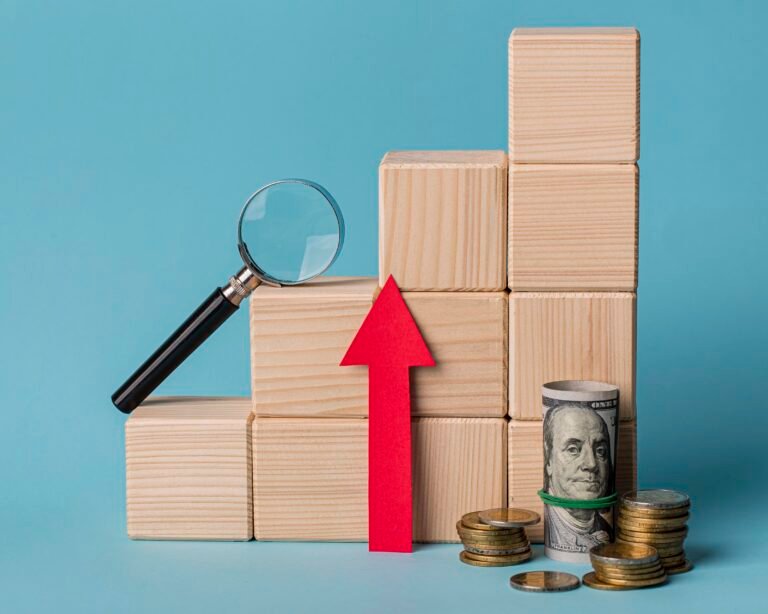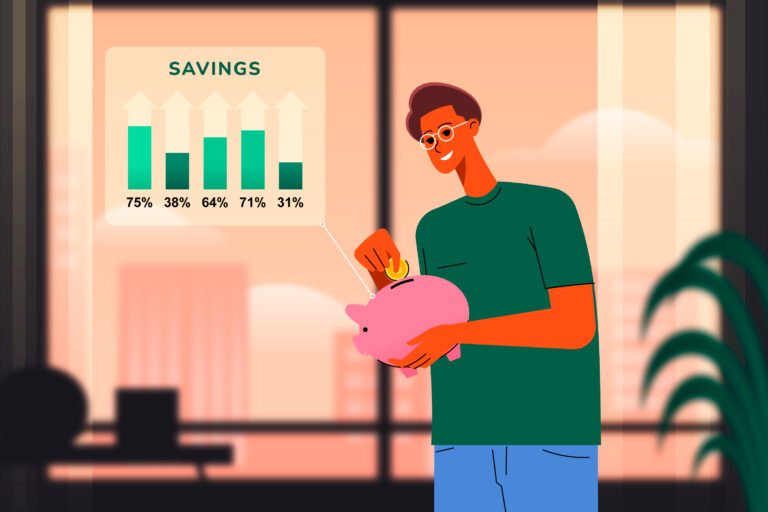Monthly Budget Planner
Smartly Manage Your Finances
Managing your monthly income and expenses can be overwhelming — but it doesn’t have to be. Our Ultimate Monthly Budget Planner helps you take control of your finances by tracking income from multiple sources and organizing expenses into smart, easy-to-understand categories. Whether you’re a freelancer, family, student, or full-time employee, this tool is designed to give you a clear picture of your financial health and help you make smarter money decisions. It’s quick, simple, and completely free — get started now!
Benefits of
Budgeting with Monthly Budget Planner
Using a monthly budget planner like this helps you:
Ultimate Monthly Budget Planner
Meet Sarah
Example Scenario
Sarah is a freelance designer who earns from multiple sources each month. Here’s how she uses the Moneyment.io Monthly Budget Planner:
She enters her monthly expenses as follows:
| Category | Amount |
| Housing (Rent) | $1,000 |
| Utilities | $150 |
| Food & Groceries | $400 |
| Transportation | $200 |
| Insurance | $250 |
| Debt Repayments | $300 |
| Savings & Investments | $400 |
| Entertainment | $100 |
| Miscellaneous | $150 |
➡️ Total Expenses: $2,950
💡 Remaining Balance: $300
After using the tool, Sarah realizes she’s spending too much on takeout (under “Food & Groceries”) and cuts it by $100 next month. She uses that extra money to boost her savings.
How the Budget Calculator Works – Simple Math Explained
✅ 1. Total Income
Add up all your income sources:
- Salary
- Side Hustles
- Passive Income (like dividends or rent)
Formula:Total Income = Salary + Side Hustle + Passive Income
✅ 2. Total Expenses
All your spending is combined, including:
- Housing (Rent, Mortgage)
- Utilities (Electricity, Water)
- Food & Groceries
- Transportation (Fuel, Public Transit)
- Insurance (Health, Auto, etc.)
- Debt Repayments (Loans, Credit Cards)
- Savings & Investments
- Entertainment & Subscriptions
- Miscellaneous Expenses
Formula:Total Expenses = Sum of All Above Expense Categories
✅ 3. Remaining Balance
This is what’s left after subtracting your expenses from your income.
Formula:Remaining Balance = Total Income – Total Expenses
🔍 What the Result Means:
- Positive Balance: Great! You’re saving money.
- Zero Balance: Budget is balanced.
- Negative Balance: You’re overspending — time to adjust.
Top 7 Reasons Why You’re Always Broke — And How to Fix Them
Being broke isn’t always about how much you earn — it’s often about how you manage it. You could have a decent salary and still end up broke every month. Sound familiar?
If you constantly wonder “Where did all my money go?”, you’re not alone. Let’s break down the real reasons behind this struggle — and most importantly, how to fix it.
1. You Don’t Have a Real Budget
Let’s start with the obvious: if you don’t tell your money where to go, it disappears. A vague idea of your bills isn’t enough. You need a written, categorized, and consistent monthly budget.
Fix it:
Start with pen and paper, an app, or a free online budget planner. List your income sources and your expenses — not just rent and bills, but coffee runs, Netflix, and impulse buys.
2. You Rely on Future Income (Instead of Current)
Many people spend today with the mindset, “I’ll cover this with next week’s paycheck.” That thinking is what keeps you in a loop of financial stress and shortfalls.
Fix it:
Live off last month’s income. It’s hard at first, but once you break the cycle, you build breathing room and stop relying on tomorrow’s money.
3. You Confuse Wants with Needs
It’s easy to blur the line between needs and wants — that upgrade, that new gadget, or “just one dinner out” that turns into five.
Fix it:
Categorize ruthlessly. Needs are things like food, rent, bills. Wants are streaming services, takeout, and online shopping. You don’t have to cut them — but control them.
4. You Don’t Track Your Spending
You think you spend $50 a week on food — but the bank statement says $130. Without tracking, your brain will always underestimate.
Fix it:
Track every dollar for 30 days. Yes, every dollar. You’ll be shocked where your money leaks. Budgeting tools or even Google Sheets can help.
5. You Don’t Prepare for Unexpected Expenses
Car repairs, dental bills, or last-minute travel can destroy a month’s budget if you’re not ready.
Fix it:
Build an emergency fund. Aim for at least $500 to start. It’s not optional — it’s protection against going broke again and again.
6. You Make Emotional Purchases
Stress, boredom, and social pressure are powerful triggers. And online shopping makes emotional spending easier than ever.
Fix it:
Wait 24 hours before any non-essential purchase. Ask yourself: “Do I need this? Or do I just want to feel better right now?”
💡 Final Thoughts
Being broke isn’t always about income — it’s about awareness and habits. Once you identify where your money is going and take steps to control it, your finances will begin to shift — slowly but surely.
You don’t have to be perfect. You just have to be intentional.
Many people say, “I’ll start saving when I earn more.” But if you don’t save when you have a little, you won’t when you have more.
Fix it:
Start small — even $20 per paycheck. Use automatic transfers so you don’t see it. Build the habit before building the amount.




